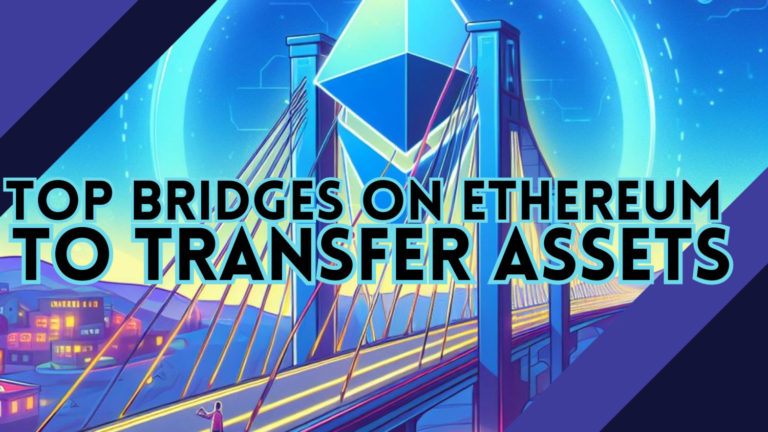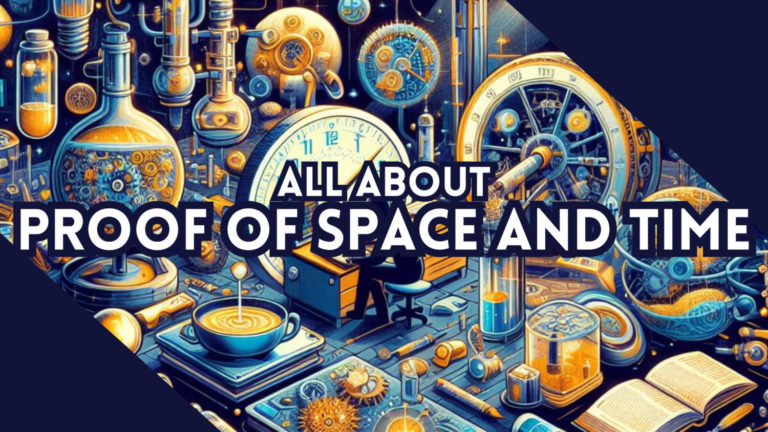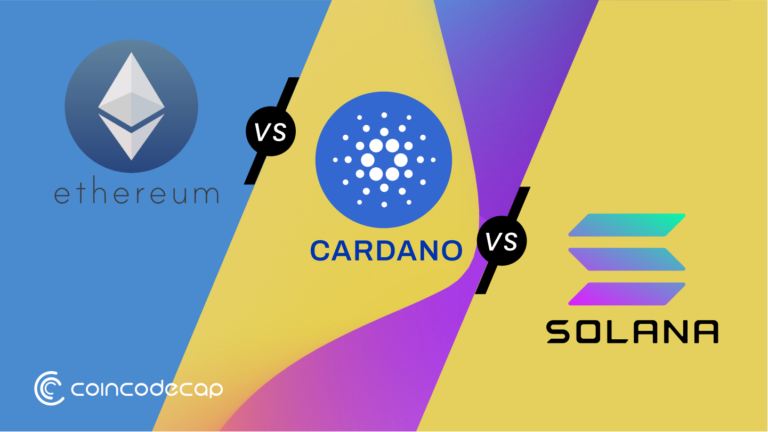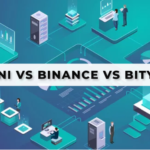According to our friend Wikipedia
Decentralization is the process by which the activities of an organization, particularly those regarding planning and decision making, are distributed or delegated away from a central, authoritative location or group.
In a more informal tone, decentralization is more about avoiding being Monica, a character from F.R.I.E.N.D.S who is a control freak ????.
History of Decentralization
Our history is based more on centralization. It was the sole reason why it is filled with chaos and wars. Because of such an alarming antagonistic effect of centralization, the French Revolution was an attempt to change the centralized political and governance system.
This is when the decentralization came into existence. Personals like Alexis de Tocqueville and Maurice Block extensively promoted and wrote about it. In the end, it was concluded that liberty and decentralization go hand-in-hand. This led to the anti-state political activism movement, whose participants called themselves “anarchists,” “libertarians,” and even decentralists.
“Moving from centralization to decentralization” as the 5th megatrend in the top 10 megatrends. In 1983, the Green Movement in the United States realized “Decentralization” as Ten Key Values.
This time there was some hardcore effort to make the government system more decentralized.
Goal of Decentralization
The main goal of decentralization is to distribute the decision making power to the participating members. This will avoid problems like the financial crisis, inefficient government system. Members with actual discretionary powers are the basis of decentralization.
Decentralization can lead to local efficiency, equality, and development. It will encourage active participation from the members to make a stable decision.
It will bring diversity to the system. People with unique ideas can trigger revolutionary changes in the system. Greater participation by a better-informed individual with diverse interests will lead to more relevant decisions than those made by any central authorities. The efficiency of the system will be high because of reduced congestion.
Decentralization in Technology
The Internet is the greatest gift of technology. It bought connectivity and information sharing among everyone around the globe.
Internet and the World Wide Web at the initial stage were considered as a decentralized system. It was called Web1.0 was about the dial-up web, which had static pages. Web 2.0 has focused on the immediacy of commerce and communication. It had a server and client architecture.
The served monitored and controlled the activities of the client. As a result, the main motive of the decentralized web was killed by big organizations like Facebook and Google. As history repeats itself, increased centralization on the Internet leads to crises like Equifax hack and Facebook/Cambridge Analytica fiasco.
Satoshi Nakamoto introduced Bitcoin as a decentralized peer-peer payment system in the year 2008. This lead to Web 3.0, which changed the client-server system to the peer-to-peer network.
Blockchain Technology
Blockchain is the underlying technology behind Bitcoin, which allows for this decentralization. Here every node can be server as well as a client. Blockchain is a database that is replicated among all the nodes.
Anyone can participate in the network. There is no barrier to becoming a part of the system. The user can send a transaction to anyone in the network. The finality of the transaction is decided by all the members of the blockchain system instead of a central authority.
Since Bitcoin’s appearance, many other cryptocurrencies, or altcoins, have appeared, and most of them use blockchain to achieve some more degree of decentralization.
The diverse applications of blockchain technology go beyond financial solutions. It can be used to make a decentralized government system a reality. Some of the core features of blockchains, such as borderless transactions and direct peer-to-peer value transfer, can easily benefit anyone in the world. Distributed power and self-organization, which were far fetched in the past, are now a reality all because of blockchain.
- Wasabi Wallet Review – Bitcoin Privacy For Everyone
- Blockchain Interview Questions Part -1
- Bitcoin a Sound Money: Save and Gain
- A simple explanation of Security Token
- Ethereum versus Bitcoin
- Examining Reddit’s Rumored Ethereum Token
- Bisq — A Peer to Peer Bitcoin Decentralized Exchange
- NOWNodes Review: Blockchain APIs and Nodes
- OpenNode Review – A Bitcoin-only Payment Service
- How Companies Like Walmart Are Gaining Fame In The Blockchain World(O









